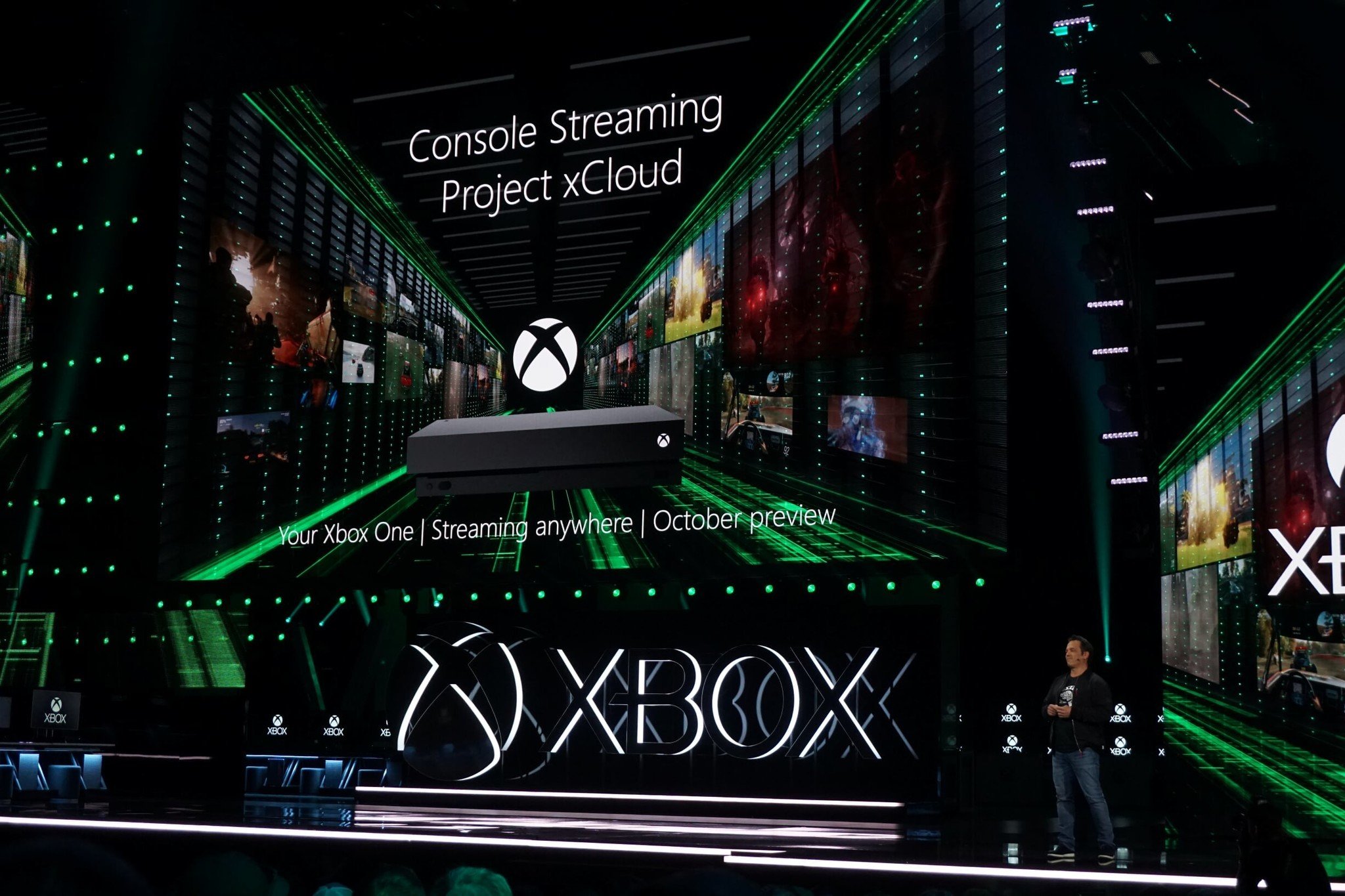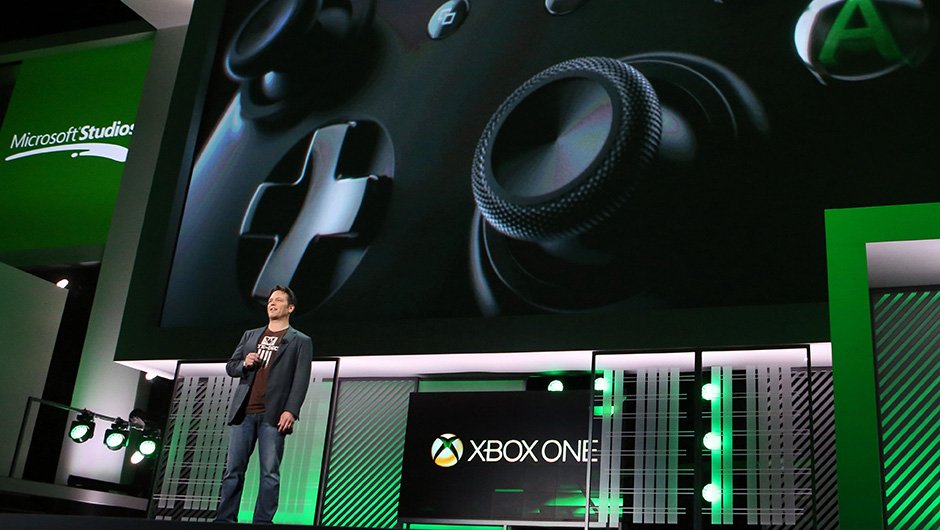
Microsoft has been keen to mention in recent interviews its intent to reach "two billion gamers," looking eastward beyond its Anglocentric home markets. But Microsoft fails at even the most basic attempts at localization.
In recent interviews, Microsoft ha talked up its intentions to reach the wider gaming market, comprised of "two billion gamers," it says, as it looks beyond its Anglocentric U.S. and UK markets. Microsoft points to platforms like Project XCloud and Windows PC for future growth in its gaming business. The company has said that selling home consoles to all two billion individuals in the current and future gaming market is impossible, and that may well be true. But one could argue Microsoft has barely even tried.
Recently, I spoke to more than a hundred Xbox fans on Twitter, after asking for opinions on how well Xbox handles localization in their region, outside of the U.S. and the UK. I expected a couple dozen responses on minor issues, and I had no idea how poorly Microsoft approaches its global product efforts, speculatively representing decades of complacency born of its Windows PC monopoly.
If Microsoft truly is serious about creating a platform where developers can access a market share comprised of billions, it needs to start accepting that there is a world beyond the United States.
Is Microsoft serious about 'two billion gamers'?

Recently, we wrote about all the successes Microsoft has seen in gaming under the leadership of Phil Spencer, rebuilding a brand that had been battered by a tone-deaf Xbox One launch campaign back in 2013. As Microsoft looks ahead to the future of its business, it will have to navigate encroaching threats from the East, from Chinese tech giants like Tencent, and the ever-present PlayStatio.
Speaking to The Guardian in 2018, Phil Spencer reiterated Microsoft's goal to bring the Xbox platform to two billion gamers across the world:
Our focus is on bringing console-quality games that you see on TV or PC to any device. I want to see the creators that I have relationships with reach all two billion people who play games, and not have to turn their studio into something that makes match-3 games rather than story-driven single-player games. Because that's the only way to reach a bigger platform. That is our goal: to bring high-quality games to every device possible on the planet.Project xCloud game streaming is indeed showing promise as a viable portable gaming companion, particularly on tablets and low-power PCs which have the screen real estate to remain ergonomic. As of today, the text is simply too small on most games to provide an enjoyable experience on mobile phone screens, not to mention the less-than-convenient reality of having to carry a video game controller around with you. Still, both of these issues are things Microsoft wants to solve, with bespoke touch controls and APIs for making Xbox games viable on mobile devices expected in 2020. xCloud game streaming is only part of the strategy.
 Project XCloud could reach millions of new customers... in theory.
Project XCloud could reach millions of new customers... in theory.Microsoft is also looking to expand its aspirations on Windows PC to build its business and reach consumers. The "Game Core" developer environment will provide creators with a unified codebase for making games that run across cloud, Xbox consoles, and PC with minimal work required to cater to each platform. Microsoft has also been beefing up its own offering on PC, with Halo: Reach dominating Steam sales charts, and Xbox Game Pass for PC winning new customers for the ecosystem at large.
All of this is good, but it fails to address the hard reality that Microsoft remains an Anglocentric company that seems blind to the world outside of the U.S.
Xbox is surrendering global viability

Gamers' habits aren't necessarily changing, but the way the industry views the market at large certainly is. Console gaming only makes up a tiny piece of the overall industry pie, with mobile and PC dominating the East.
Microsoft has long seen opportunities in these regions, but has yet to capitalize on them. Xbox effectively doesn't exist in Japan, and console gaming isn't very popular in China — which remains the world's largest gaming market. Of course, both regions sport a variety of hurdles for Xbox as a business for a range of reasons, including navigating Draconian Chinese trade rules and Japan's home-grown, wholly entrenched ecosystems. But Microsoft hasn't really bothered to capitalize on markets across Europe and parts of the Americas either.
Speaking to scores of Xbox fans on Twitter, I received a small glimpse at the quality of the Xbox ecosystem outside of English-speaking nations. I have written articles previously complaining about not having enough 4K movies on the UK Xbox media store, for example, but these sorts of problems are tiny in comparison to some of the things I've been hearing about various markets across Europe, the Americas, and Asia.

One user pointed to the fact the Xbox dashboard isn't offered in Greek, whereas the PlayStation 4 dashboard is. Another noted that the Xbox doesn't seem to understand that half of Belgium speaks Flemish/Dutch, often offering parts of the dashboard in French, which many Belgians don't speak fluently. Meanwhile, Android and iOS handle these distinctions with ease.
It may come as no surprise to hear that Xbox's support in Japan is atrocious.It may come as no surprise to hear that Xbox's support in Japan is atrocious as well, with games like Sea of Thieves and State of Decay 2 straight up being unavailable, while games like Gears 5 only get subtitle support, without any form of voice acting. Xbox games in Japan also suffer from terrible matchmaking times, due to the platform's dismal market share in the region. I've been told recently that Xbox in Japan now falls under a general "Microsoft hardware" team that also incorporates Surface, and suffers from absolute bare-minimum support from Microsoft's flagship operation in the U.S. How Microsoft expects to gain the support of Japanese developers without any form of investment in the Japanese market is truly mind-blowing.

A small sample of the complaints I received on Twitter.
Xbox hasn't bothered to enter many markets in South America, conceding the console markets in their entirety to Sony's PlayStation, which often enjoys full support. This leaves Xbox fans in many countries to the mercy of "grey market" scalpers, who charge far beyond the normal price. Many "supported" Arabic users in countries like Saudi Arabia and UAE report to me that PlayStation enjoys far better support, offers, and localization than Xbox. Users in Australia, New Zealand, and Africa also spoke to me about terrible pings, poor regional pricing, and non-existent marketing.
When it comes to subscription services, geoblocking also prevents Xbox 360 games on Xbox One from being downloaded in many countries. I've heard reports that Xbox "Games with Gold" is abysmal in many other countries, with the mediocre platformer Cobalt being offered repeatedly, several times per year. It's as though Microsoft is simply asleep at the wheel in many of these regions, with nobody actively promoting or supporting customers.
Microsoft could hand-wave many of these complaints away, noting that the users are playing from unsupported regions, but the truth is that users in "supported" regions are suffering from sub-par experiences, too, based on Microsoft's apathy. The South Korean Xbox community reached out to voice their frustration that the Xbox Store doesn't display which games support Korean languages, and they took it upon themselves to produce this massive spreadsheet to inform Koreans which games are actually localized. This is basic stuff, that no company of Microsoft's size and value should screw up.
PlayStation Network is officially supported in no less than 73 countries, whereas Xbox is supported in a measly 42, and many of those regions seem to only enjoy halfhearted support.
So, are you serious or not, Microsoft?

I won't pretend to understand the myriad issues Microsoft potentially faces when it comes to entering other markets, especially when it pertains to trade wars and sanctions as a U.S.-based company. It was heart-breaking to hear from Iranian Xbox fans, for example, who cannot access Xbox Live via IP due to on-going U.S. sanctions against Iran's dictatorial government.
Shout out to everyone who in Xbox support who has to see these sorts of complaints every day.Sanctions aside, neither Apple nor Google seem to have issues localizing their digital offerings for many of Xbox's unsupported countries, so why does Microsoft?
Microsoft can hide behind Steam on PC, but Project xCloud is based on Xbox One, so how does Microsoft hope to reach two billion gamers if it can't even nail the bare minimum basics of decent localization?
I used to get frustrated that Cortana and Bing had poor features in the UK compared to the U.S., but the reality for users outside of English-speaking countries is often far worse. Going through scores of complaints made it clear how much of a sub-par experience many users around the world are getting. Shout out to everyone who works in community support and customer service, and has to experience these sorts of complaints on a daily basis.
Microsoft might be one of the most valuable companies on earth, but it seems that it is also one of the most inward-facing. For Xbox, that may not a viable long-term position.
